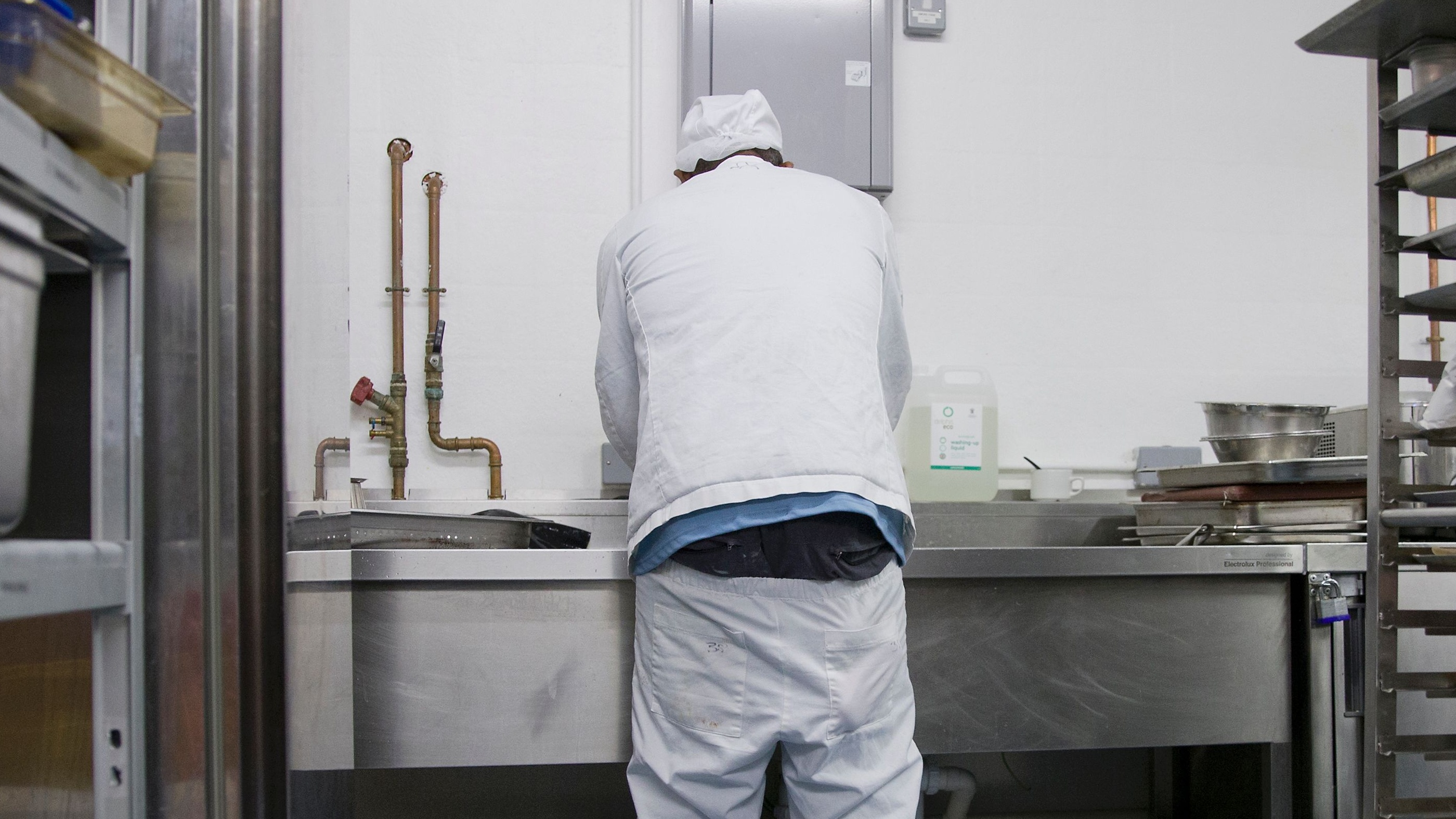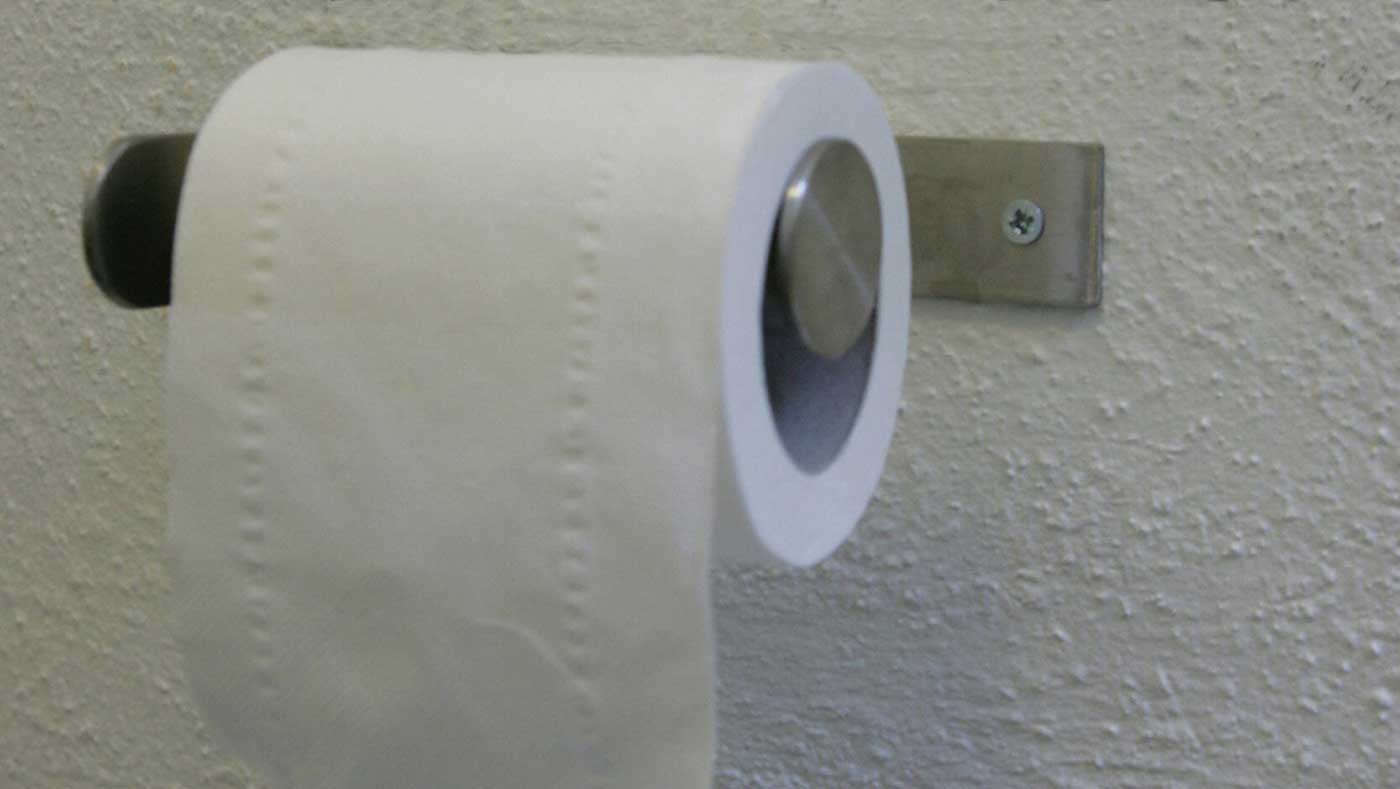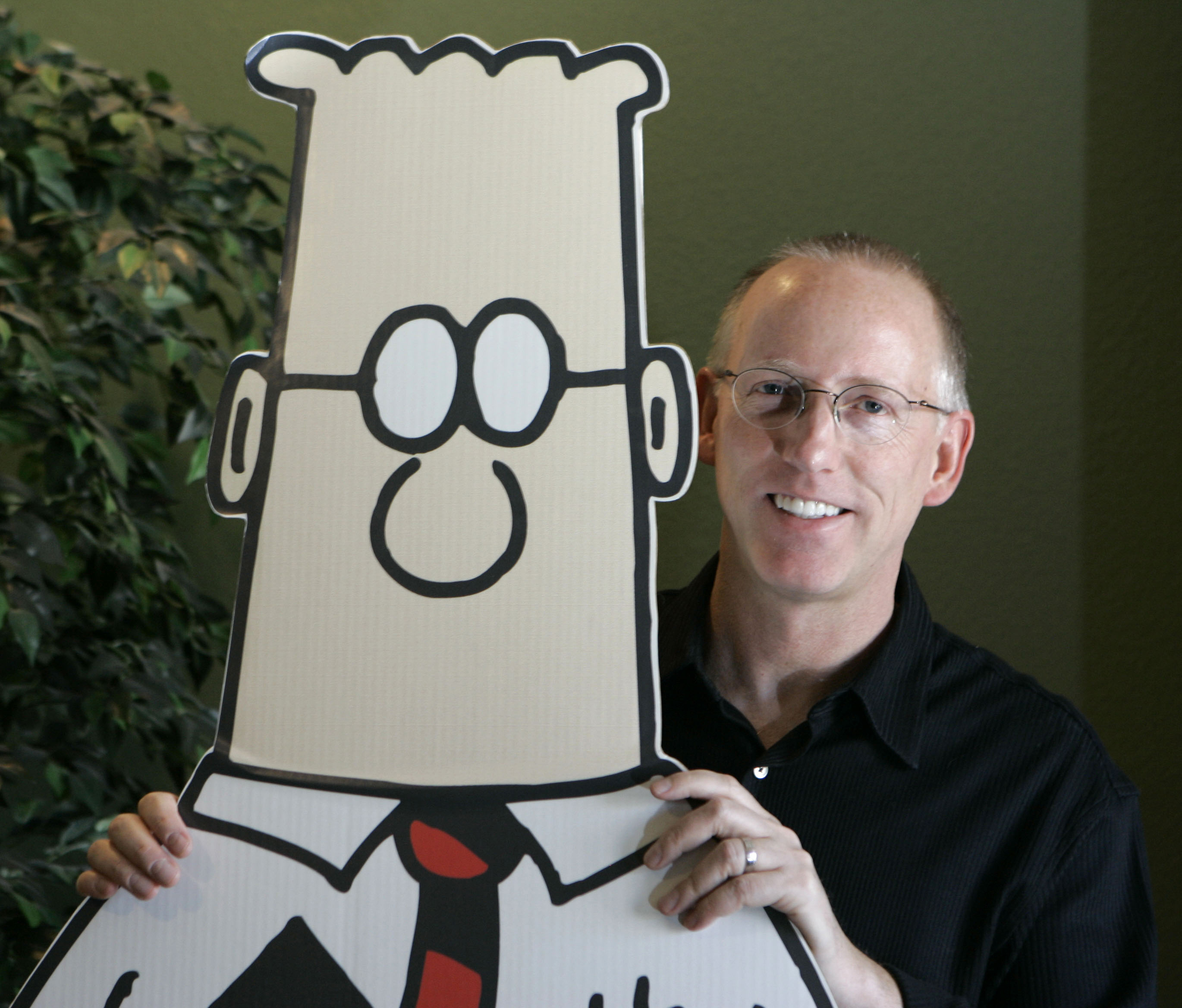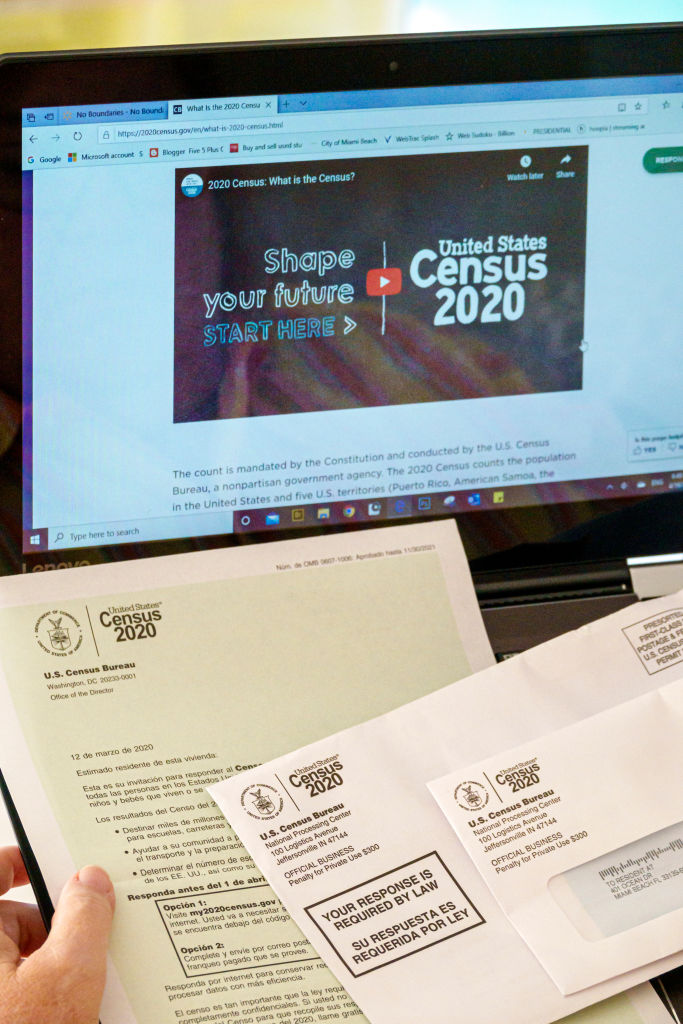‘Putting inmates to work should be done not to humiliate but rehabilitate’
Your digest of analysis from the British and international press

A free daily email with the biggest news stories of the day – and the best features from TheWeek.com
You are now subscribed
Your newsletter sign-up was successful
1. Inmates need better work than the chain gang
Alice Thompson in The Times
on criminal chores
“Dominic Raab, the new justice secretary, sounded a familiar note at the Tory party conference yesterday, saying that he wants more offenders working in the community,” says Alice Thompson in The Times. Raab’s aides “spoke of chain gangs in hi-viz jackets fishing shopping trolleys out of canals, clearing up rubbish, chiselling off chewing gum and scrubbing graffiti”, a familiar echo of Johnson’s “own oft-repeated rhetoric”, she continued. “It sounds draconian, but Raab is half right,” says Thompson. “Getting out, doing exercise and feeling purposeful is vital for self-esteem”, but putting offenders to work comes with an “important proviso”. “It should be done not to humiliate, or to garner cheap applause at a party conference, but to help rehabilitate.”
The Week
Escape your echo chamber. Get the facts behind the news, plus analysis from multiple perspectives.

Sign up for The Week's Free Newsletters
From our morning news briefing to a weekly Good News Newsletter, get the best of The Week delivered directly to your inbox.
From our morning news briefing to a weekly Good News Newsletter, get the best of The Week delivered directly to your inbox.
2. The podcasting world has become a smug, self-parodic snooze
Jessa Crispin in The Telegraph
on peak podcast
In the world of podcasting, it seems that “everyone has opinions, but no one has ideas”, writes Jessa Crispin in The Telegraph. “We are drowning in unlimited chatter, awash in unsatisfying analysis.” No matter what you’re looking for – perhaps an in-depth look at the news of the day – “you can jump from one podcast to another and still feel as stupid as when you started”. It seems that it “doesn’t matter any more if no one has anything to say: just put a microphone in front of their face and get it on Spotify,” she writes. “It’s all endless chit-chat, empty rhetoric, fat-free mayonnaise whipped up with fillers and stabilisers and other things that will make your colon rot,” she added. “If we can’t be well informed, then by God, we will be opinionated instead.”
A free daily email with the biggest news stories of the day – and the best features from TheWeek.com
3. Why the Tory ‘war on woke’ doesn’t travel
Sebastian Payne in the Financial Times
on the culture war
“If any evidence was needed that ‘woke’ no longer has any meaning, Tory MP Jake Berry confirmed it” with his quip this week about the Civil Service “woke-ing” from home, says Sebastian Payne in the Financial Times. What was once a US term to “signify that a person has an awareness of racial inequality” is now “wielded by the British right to decry the excesses of the left”. “Woke is now routinely used by this group to critique everything, from foreign and health policy to religion.” But the Tory party’s focus on the “woke wars”, frequently “at the expense of actual policies”, has “furthered the sense that this year’s Tory gathering is in a surreal bubble.” Payne continues: “Outside, the country is struggling to fill up cars and fearing that there may not be enough pumpkins for Halloween or turkeys for Christmas – few are occupied with the issues that make up the so-called culture war.”
4. There will always be bad men in the police
Tom Chivers on UnHerd
on the costs of success
“There haven’t been many crimes in recent years as appalling as the murder of Sarah Everard,” writes Tom Chivers in UnHerd. “But it’s also worth remembering that, in the coming years or decades, no matter how well we vet police officers, you’ll read some horrible story like this again,” he adds. “Hopefully we can reduce the likelihood; perhaps even reduce it a lot. But the numbers involved are just too large for it to be realistic that we can bring it to zero,” says Chivers. “So we need to have some idea of what success looks like. And if we want to aim for zero, then we have to be honest about what the costs of that aim are.” He continues: “Maybe you’d say that you can’t put a price on a human life, and that’s understandable. But the reality in which we all live puts a price on human lives for you, via opportunity costs”. Additionally, “if you spend the money on street lighting, you can’t spend it on dialysis machines, or early years education, or renewable energy subsidies”. Ultimately, “we need to be explicit about whether we’re aiming for zero, and facing up to all the costs that will come with, or admit that you’re really aiming for some more achievable (but more painful to accept) figure”.
5. Why celebrate Black History Month? Perhaps ask yourself, why not?
Nadine White in The Independent
on October celebrations
“I wish I could have a tenner each time I hear the ignorant question: ‘What about White History Month?’,” writes Nadine White in The Independent. “White narratives are amplified each and every day; it’s our stories – Black perspectives – that remain consistently marginalised or erased altogether,” the paper’s race correspondent adds. “While that continues to be the case, and as Afriphobia blights Black lives in this country, Black History Month will continue to be essential.” While “both social media timelines and corridors of power alike continue to echo choruses of denial about how Black people truly fare, I welcome this occasion as an annual space to celebrate, promote and understand the Black experience, past and present”, White continues. “For me, the question is not, ‘Why celebrate Black History Month?’ but actually, ‘Why not?’”.
-
 The ‘ravenous’ demand for Cornish minerals
The ‘ravenous’ demand for Cornish mineralsUnder the Radar Growing need for critical minerals to power tech has intensified ‘appetite’ for lithium, which could be a ‘huge boon’ for local economy
-
 Why are election experts taking Trump’s midterm threats seriously?
Why are election experts taking Trump’s midterm threats seriously?IN THE SPOTLIGHT As the president muses about polling place deployments and a centralized electoral system aimed at one-party control, lawmakers are taking this administration at its word
-
 ‘Restaurateurs have become millionaires’
‘Restaurateurs have become millionaires’Instant Opinion Opinion, comment and editorials of the day
-
 Triangle-headed aliens touched Goldie Hawn
Triangle-headed aliens touched Goldie HawnTall Tales And other stories from the stranger side of life
-
 How an Alabama brawl became a watershed moment for race in America
How an Alabama brawl became a watershed moment for race in AmericaTalking Point "No people are obligated to endure violence without defending themselves or being defended"
-
 Why German men are most likely to sit down on the loo
Why German men are most likely to sit down on the loofeature And other stories from the stranger side of life
-
 Can unbuilding highways undo the legacy of racism?
Can unbuilding highways undo the legacy of racism?Speed Read Roads were built through Black and Latino neighborhoods. A new federal program may reverse those efforts.
-
 The Dilbert debate: Were newspapers right to 'cancel' the cartoon?
The Dilbert debate: Were newspapers right to 'cancel' the cartoon?Instant Opinion The sharpest opinions on the debate from around the web
-
 Newspapers drop Dilbert comic strip over creator's racist remarks
Newspapers drop Dilbert comic strip over creator's racist remarksSpeed Read
-
 Food vendor apologizes for serving culturally insensitive school lunch on 1st day of Black History Month
Food vendor apologizes for serving culturally insensitive school lunch on 1st day of Black History MonthSpeed Read
-
 Federal working group proposes new 'Middle Eastern or North African' category for next census
Federal working group proposes new 'Middle Eastern or North African' category for next censusSpeed Read